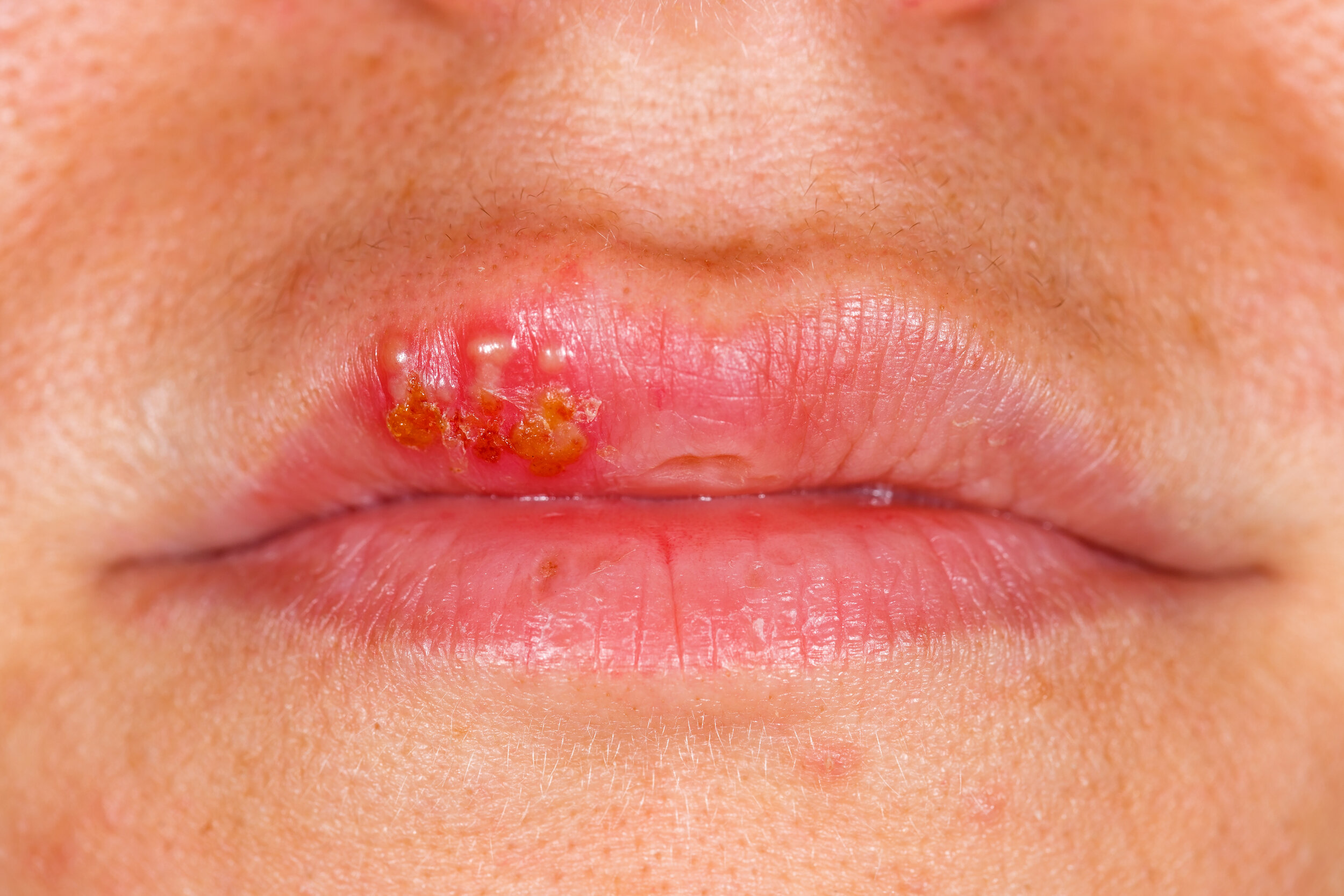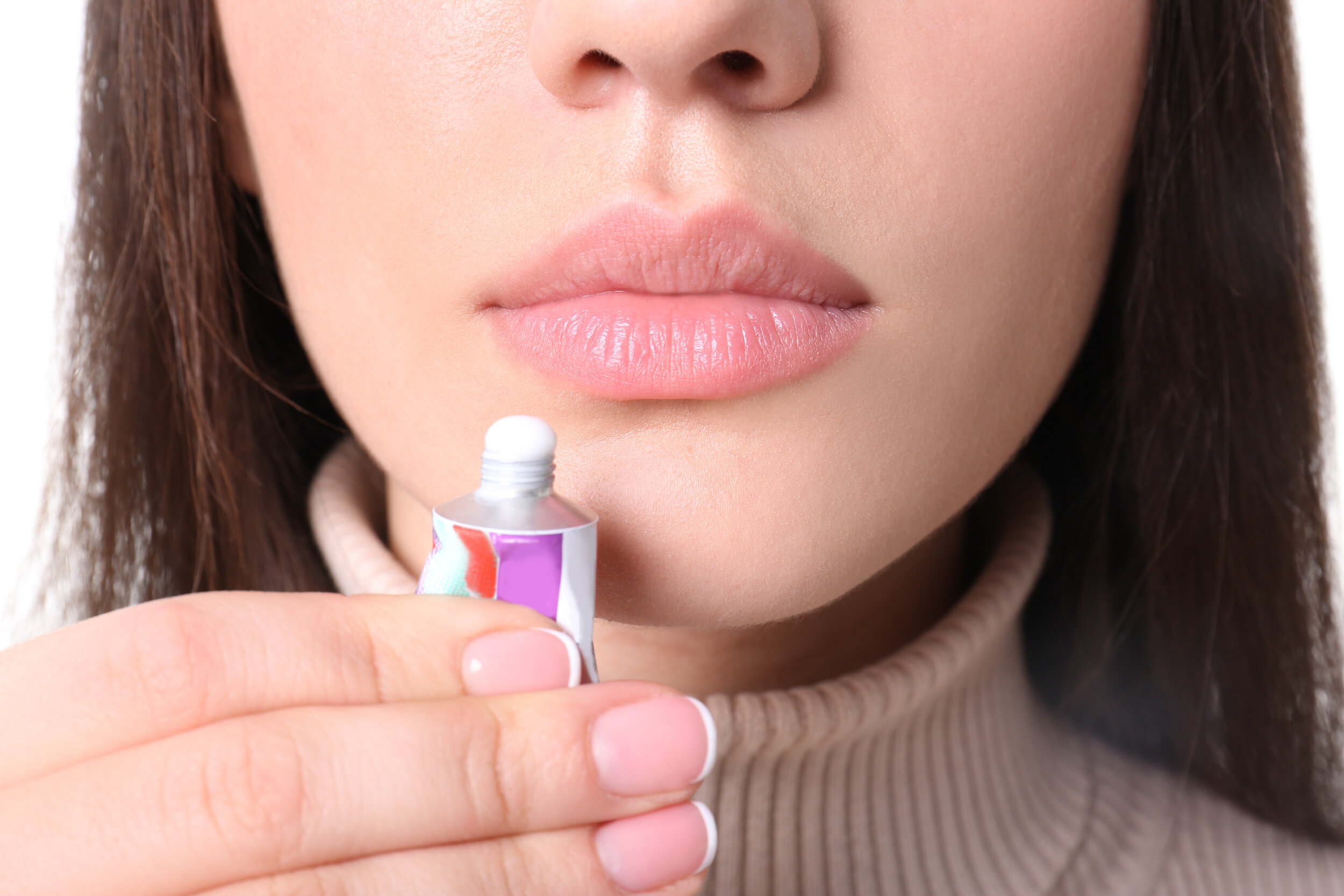Let’s Talk Honestly About Cold Sores
Whether you call them cold sores, oral herpes, or fever blisters, they are a major annoyance when they show up. Although some of us get no warning when a cold sore is about to appear, many of us do. You learn the signs—your lip or skin begins to tingle, itch, or burn intensely, and within minutes you have blisters in a cluster, perhaps after you spent just a couple of hours in the sun. You’re furious because it is the first day of your vacation.
Causes of cold sores
Where do these cold sores come from? Cold sores are caused by a form of herpes virus that has the ability to live in the nerve endings in your skin following your first outbreak. Stress, illness, or overexposure to the sun can all trigger the virus to migrate down those nerve endings, where they live in dormancy and erupt in the form of the painful blisters that we recognize as cold sores. Often, Herpes Simplex type 1 (HSV1) causes the cold sores or fever blisters we see around the mouth, while Herpes Simplex Virus type 2 (HSV 2) may cause outbreaks in the genital or buttock areas. In fact, HSV 1 may show up on the skin in areas other than around the mouth and HSV 2 may not be confined to the private parts.
Digital illustration of Herpes virus
Prevention and treatment
Unfortunately, there is no cure for herpes simplex infections, but there are steps you can take to help prevent them and keep from spreading them to others, as well as to minimize their impact for you. Any contact with the virus, which usually occurs when there are fluid-filled blisters, can allow it to be spread to another area of your skin or to another person who may touch the wet lesions. This is why we discourage touching a cold sore or kissing loved ones until it has scabbed over. For your own protection, if you’ve never had a cold sore, avoid contact with them. If someone close to you has one, avoid direct contact with the lesion—no kisses!
If you develop a cold sore or detect one coming, over-the-counter treatments such as Abreva may offer some pain relief and help the lesion heal more quickly. If you get severe or frequent cold sores, please see one of our board-certified dermatologists. We will evaluate you to see if you are a candidate for oral antiviral medication. Either way, we always advise you to stay as healthy as possible, manage your stress, and wear your sunscreen!




